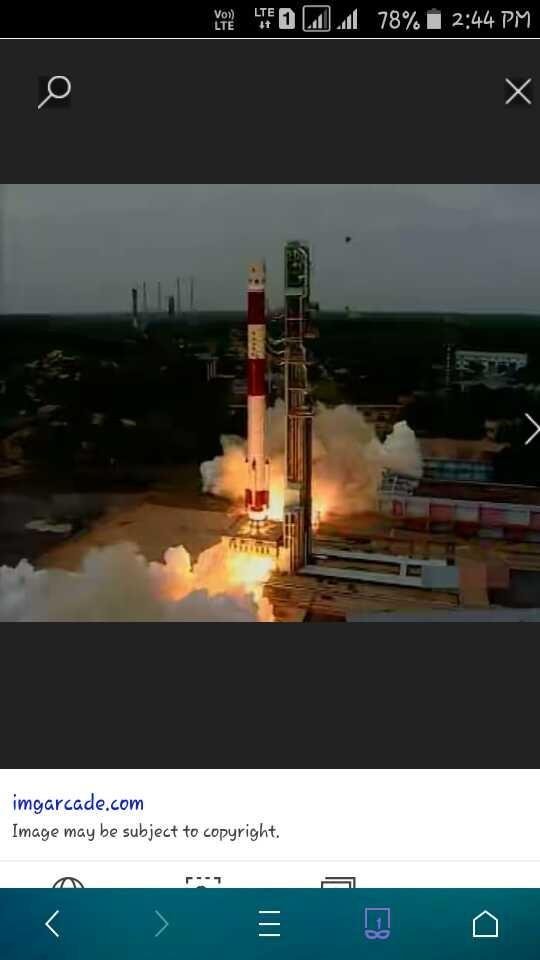IsRo Update
Last week, the Indian Space Research Organisation (ISRO) successfully put the Cartosat-2 series satellite and 30 nano satellites into the intended orbit in a single flight using its PLSV-C38.
The PSLV-C38 carrying 31 satellites lifted off at 9:29 am IST, as planned, from Sriharikota on June 23, 2017, with the 712 kg Cartosat-2 series satellite as the main payload. The total weight of all the satellites carried onboard PSLV-C38 is about 955 Kg.
The co-passenger 30 nano satellites are from India and 14 other countries - Austria, Belgium, Chile, Czech Republic, Finland, France, Germany, Italy, Japan, Latvia, Lithuania, Slovakia, United Kingdom, and the United States of America.
The Cartosat-2 series satellite is a remote sensing satellite that is similar in configuration to earlier five satellites in the series with the objective of providing high-resolution scene specific spot imagery.
Dubbed as the 'eye in the sky', the Cartosat-2E would be helpful in a wide range of activities including military and civil planning.
With the successful launch of the Cartosat-2 series satellite/PSLV-C38, the total number of satellites being used for military purpose has gone up to 13, says a TOI report quoting an Isro source.
The 13 satellites used by the military for surveillance include Cartosat 1 and 2 series and Risat-1 and Risat-2+, added the TOI report.
Most of these remote-sensing satellites are placed in the near-earth orbit as putting these satellites at the sun-synchronous polar orbit (about 200-1,200 km above the Earth's surface) helps in better scanning of the earth.
These satellites can be used for surveillance and mapping border areas and are primarily used for keeping an eye on enemies - both on land and sea.
As per ISRO, the imageries from the satellite will be useful for cartographic applications, urban and rural applications, coastal land use and regulation, utility management like road network monitoring, water distribution, creation of land use maps, change detection to bring out geographical and manmade features and various other Land Information System (LIS) as well as Geographical Information System (GIS) applications. 
https://rapidminers.com/?ref=Princegill new mining site 100GHS POWER MINI THANX
Excellent